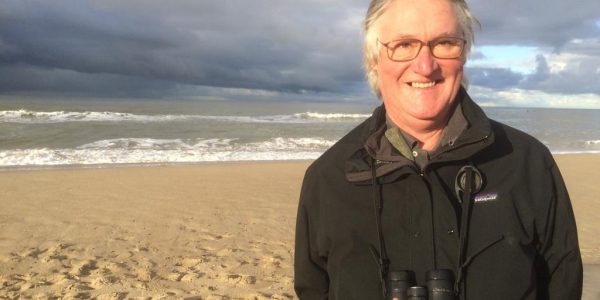
Wildlife Conservation Events
Exclusive day events in the UK and overseas wildlife experiences with leading conservation biologists and naturalists who play a key role in the long term survival of endangered species.
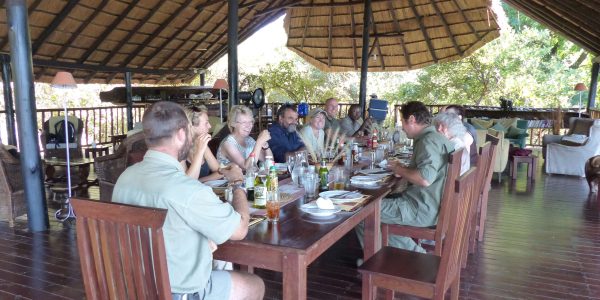
Wildlife Conservation Receptions in the UK
A ‘voice for the natural world’ presentations from overseas wildlife conservation organisations. Inspiring and informative talks about the worlds most endangered species.
A lunch reception will follow the presentation, providing plenty of time for Q&A’s in a relaxed and engaging atmosphere.
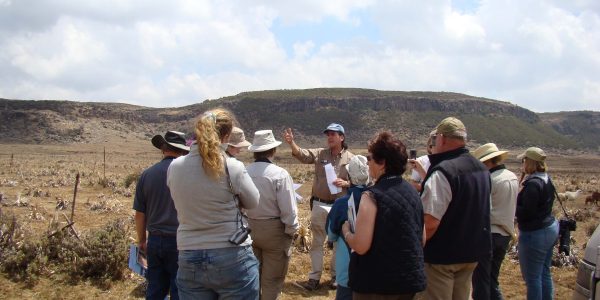
Wildlife Conservation Safaris
Unique wildlife adventures with leading conservation biologists for you to experience first-hand conservation of endangered species at the grass roots level.
Intimate old-style ‘off the beaten track’ safaris with naturalists and wildlife film-makers.
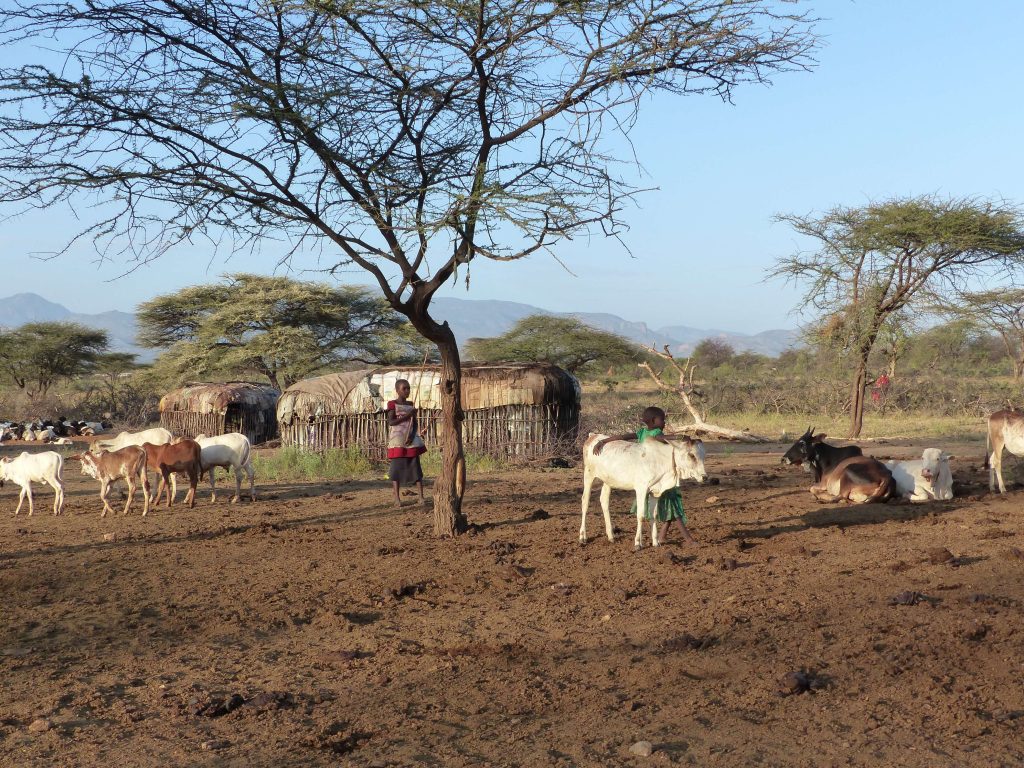
Conservation of the natural world and wild species has never been so critically important. The world’s population is three times larger than it was just 70 years ago. The global human population reached 8.0 billion in mid-November 2022 from an estimated 2.5 billion people in 1950. Human encroachment on natural habitats is the biggest threat to the long term survival of species.
Pre-historic species; dinosaurs, Saber–toothed tigers, mammoths etc became extinct due to the ice age but in more modern times it has been man who has endangered species firstly through hunting for food and sport, and latterly through encroachment of wildlife habitats creating a loss of habitat for lions, tigers, elephants, rhino etc and increasing human-animal conflict.
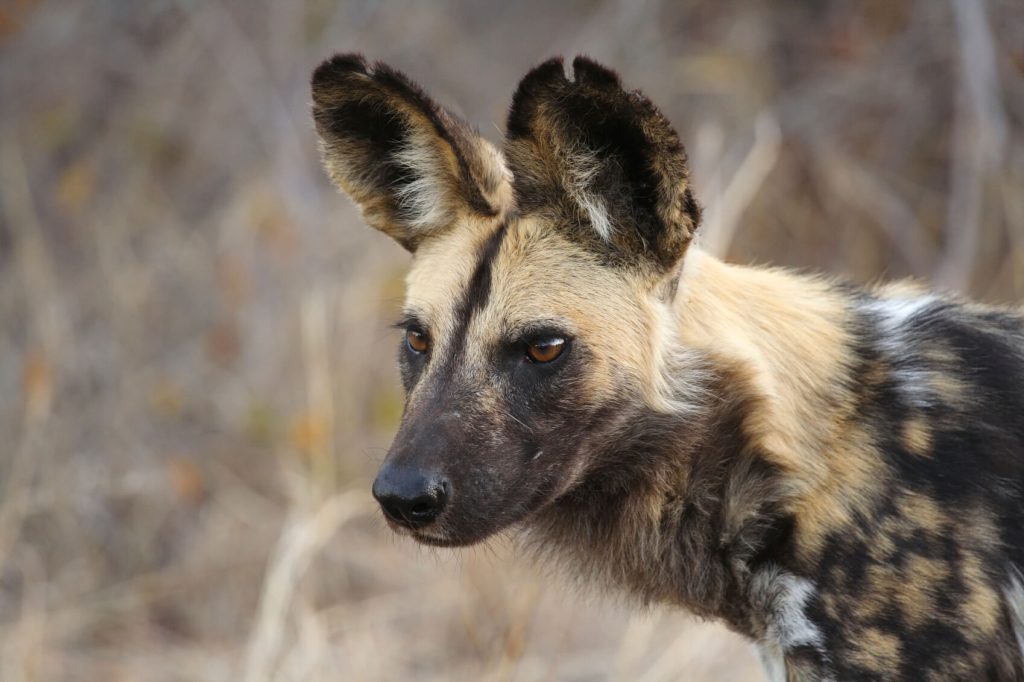
International wildlife charities and zoos, with breeding in captivity programmes, try to preserve species, but it is at the local level that conservation initiatives dedicated to specific species can have the greatest impact in saving individual herds, packs, prides etc. Prime examples of these small scale/big impact conservation programmes are the Ethiopian Wolf Conservation Programme, Painted Dog Conservation, Ewaso Lions, Save the Elephants etc. Groups like the Born Free Foundation in the UK and the Wildlife Conservation Network in the US support such initiatives.
Whilst teams, out in the field, work tirelessly for the survival of species in their natural habitats, these focused conservation programmes are usually driven and funded by just one or two individuals who totally dedicate their lives to the cause. These are truly inspirational biologists and naturalists who work at the ground level of wildlife conservation and play a key role in the long term survival of endangered species.
Conservation programmes & organisations

